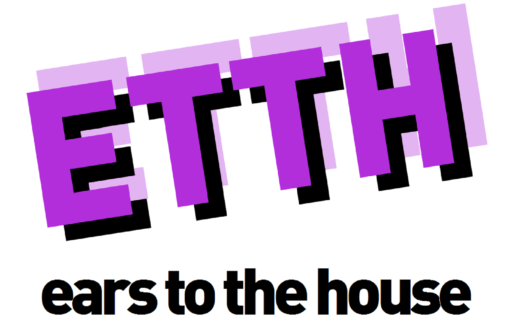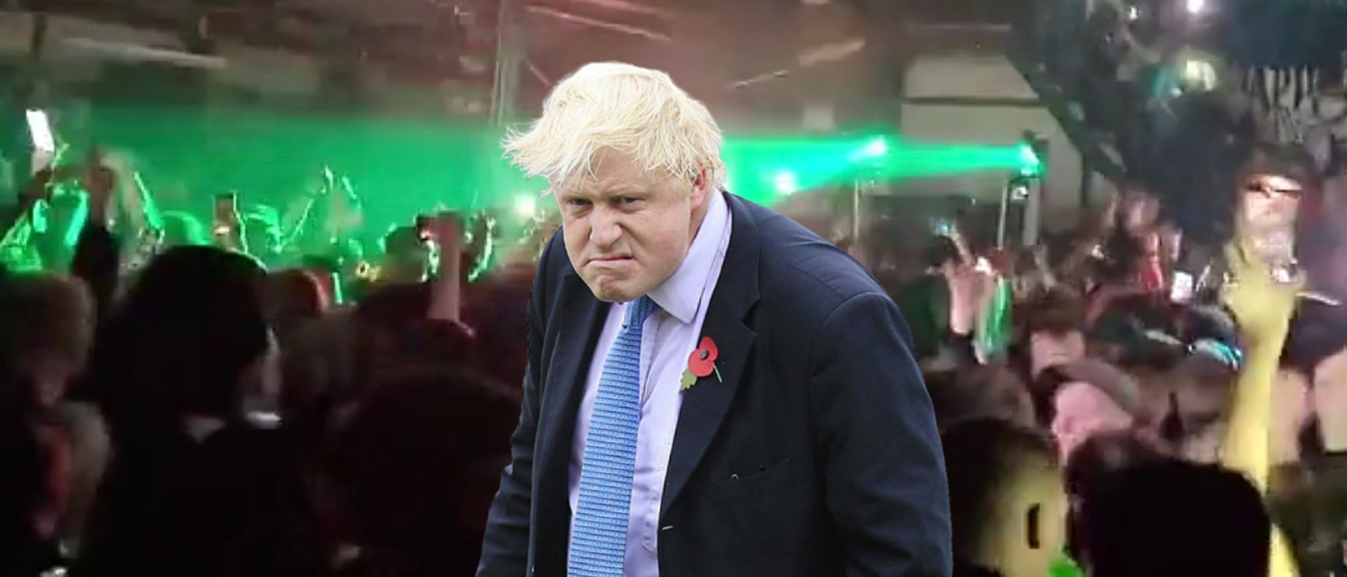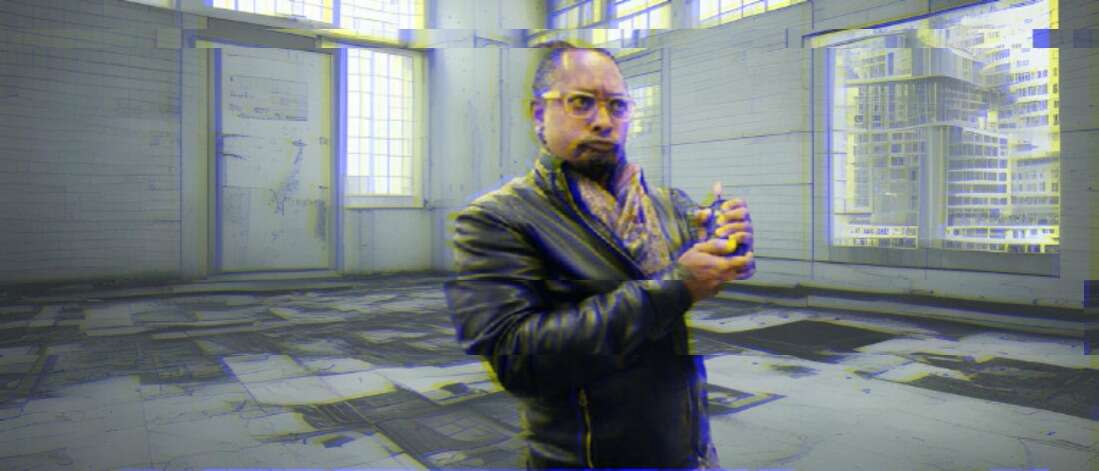Inflation in the UK is currently running at over 9%, and the Bank of England predicts this could rise as high as 13% in the coming months. Interest rates are rising, food costs are up, and energy bills are simply crazy. This is being replicated in large parts of the world.
Now, we’re not economists at Ears To The House – so we’re not going to try and explain why this is happening and when things will start to calm down again. But what we can safely predict is that all this pressure on incomes is going to have a terrible effect on nightclubs – people simply won’t have the money to spend there.
We can also confidently predict that a boom in illegal raves is likely – partly because our sources in the scene are telling us what they’re witnessing. Not surprisingly, confidentiality is highly prized in the illegal rave trade – so anyone hoping for names here will be disappointed.
One of these sources, who organises illegal parties mostly across the south of England, tells us “There was hesitation doing this with Covid two years ago. There isn’t anymore – not with the economy being this f***ed.”.
Another one, who’s been organising illegal raves across the UK and some abroad for “far longer than I care to remember” contacted us this week to say “It’s not the same as 1988 by a long way, but something is definitely going on. Like in ’88, there’s a lot of people looking for some fulfillment in their lives, something to help them get away from negative energy. And like in ’88, we have a useless Tory government which isn’t doing anything to help people.”.
But is this solely a British trend? From what we’ve noticed recently, no. We’ve heard reports coming of a mini-boom in the Republic of Ireland, partly thanks to sky-high prices in Dublin and archaic laws binding the legal scene. Germany, France and Spain also come up frequently – and even the more secretive illegal rave world of the USA has been getting a few mentions of late.
Are we heading into a third summer of love? Sensationalists might think so – we remain to be convinced. What we’re interested in is how the legal scene responds to this apparent renaissance…





